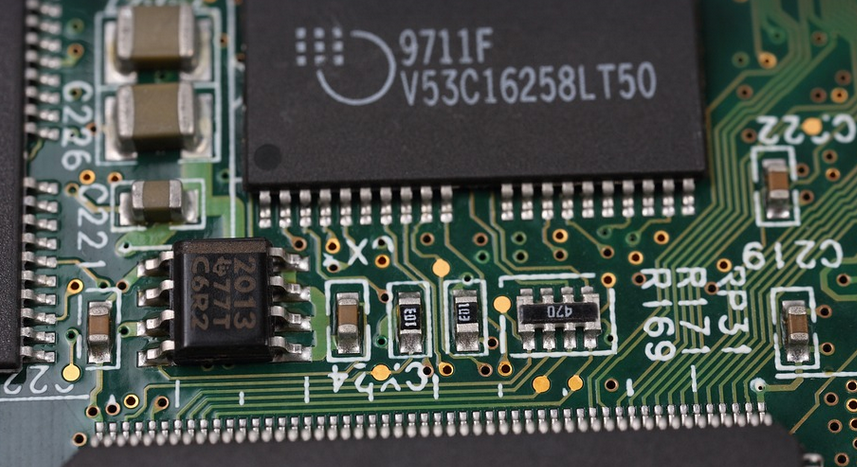What is Quality Control in the Automotive Industry?
Imagine a brand new car, gleaming under the sun, ready to embark on its first adventure. But what about the thousands of parts that make this machine possible – from the engine’s heart to the sleek dashboard? That’s where quality control steps in. It’s the unsung hero ensuring your ride runs seamlessly and safely.
Quality control (QC) is a systematic process within the automotive industry that aims to maintain high standards for every component, from raw materials to finished products. This meticulous approach involves inspecting and evaluating items throughout the manufacturing process. It’s like having an internal detective squad constantly looking out for any discrepancies.
Quality control isn’t just about finding mistakes; it’s about preventing them in the first place. It’s a proactive approach to production that utilizes data, tools, and processes to identify potential issues before they even arise. Think of it as building a safety net – catching problems early and avoiding any major headaches down the road.
Why is Quality Control So Crucial to the Automotive Industry?
The automotive industry is built on precision, reliability, and innovation. After all, vehicles are complex systems with intricate mechanisms that carry people and belongings across continents. Quality control ensures they do so safely and smoothly for years to come.
Here’s a glimpse into why QC is vital:
- **Safety:** The automotive industry is responsible for the safety of millions of drivers every day. QC checks ensure vehicles meet strict safety standards, minimizing the risk of accidents and ensuring passengers feel secure.
Quality control also plays a crucial role in maintaining brand reputation and customer satisfaction. A vehicle that breaks down frequently or exhibits poor quality can quickly erode trust. In contrast, consistent high-quality products build brand loyalty and generate positive word-of-mouth marketing.
The Tools of the Trade: How QC Works
QC goes beyond simply inspecting parts; it involves a diverse range of tools and techniques:
- **Visual Inspection:** This first line of defense focuses on identifying defects like scratches, dents, or misalignments. Skilled technicians use their eyes and hands to meticulously check every part.
The Evolution of QC: Staying Ahead of the Curve
Technology is constantly evolving, and so is quality control. The automotive industry is embracing innovation to further optimize and enhance its QC processes:
- **Artificial Intelligence (AI):** AI-powered systems can analyze vast amounts of data to identify trends, predict potential issues, and even automate some aspects of the inspection process.
The Future of Quality Control
Quality control is a fundamental pillar that will continue to play a vital role in the automotive industry for years to come. As technology advances and the market demands greater precision and sustainability, QC will adapt and evolve.
To stay ahead, manufacturers need to focus on:
- **Embracing innovation:** By integrating new technologies and data-driven insights into their QC practices.
- **Prioritizing Continuous Improvement:** Constantly analyzing processes for efficiency and optimization.
- **Building a Strong Culture of Quality:** Training employees to understand the importance of quality control and emphasizing their role in upholding it throughout the production process.
The future of the automotive industry is paved with innovation, and quality control will be at the forefront. It’s not just about preventing defects; it’s about building a reputation for excellence and ensuring that every vehicle on the road contributes to a safer and more reliable experience for everyone.
